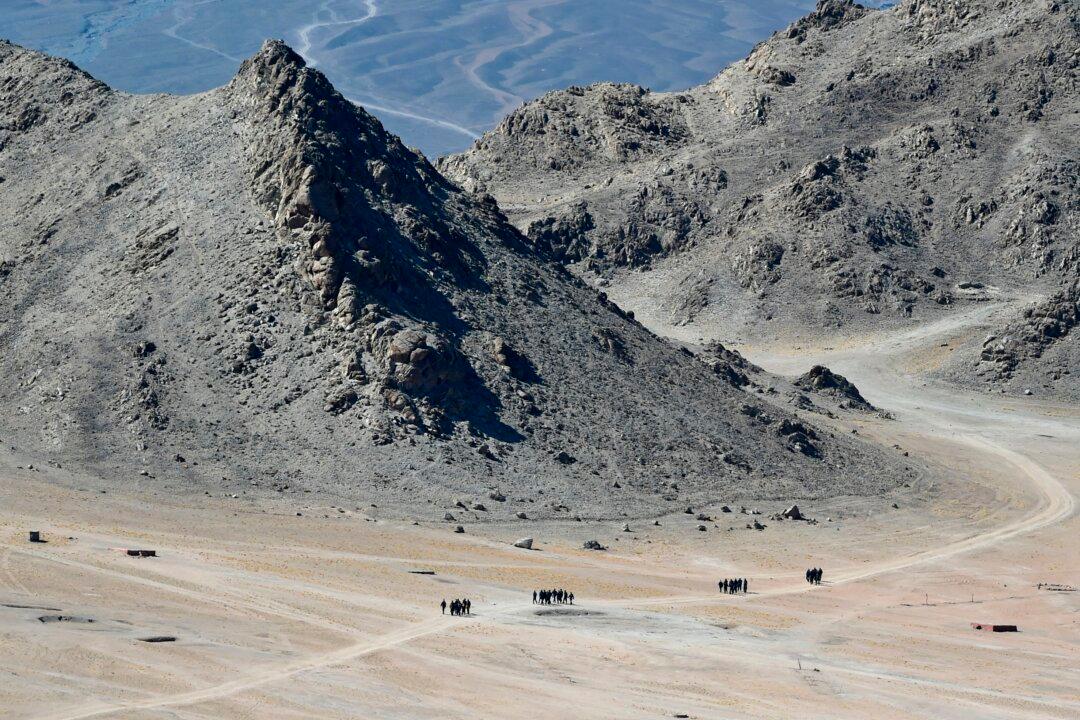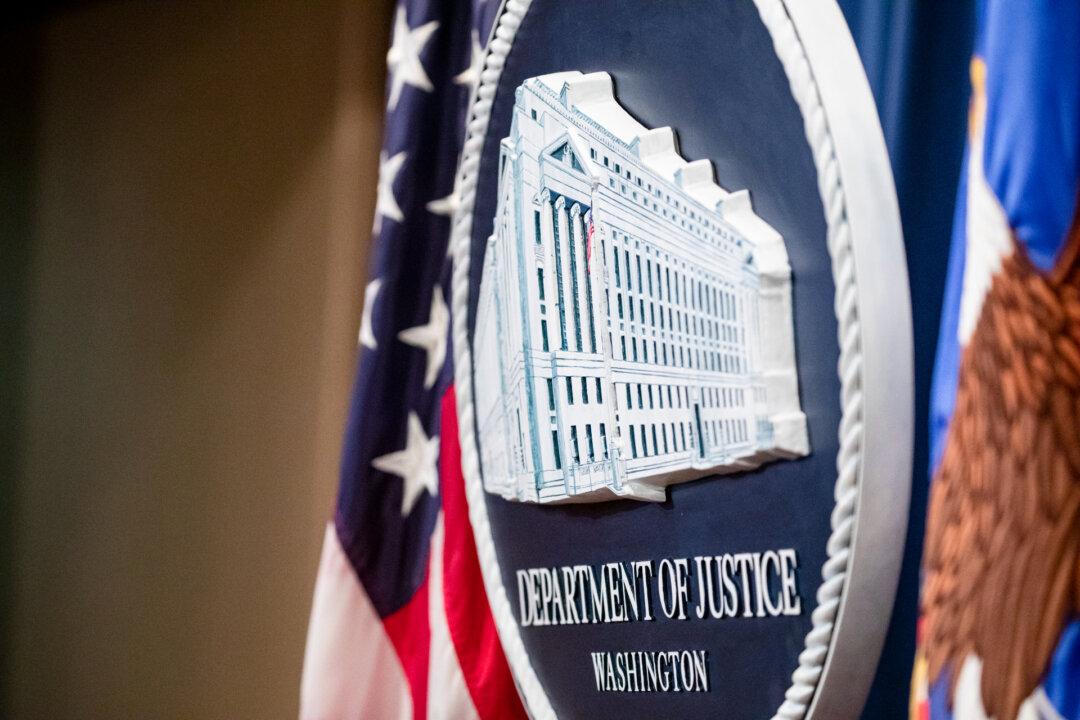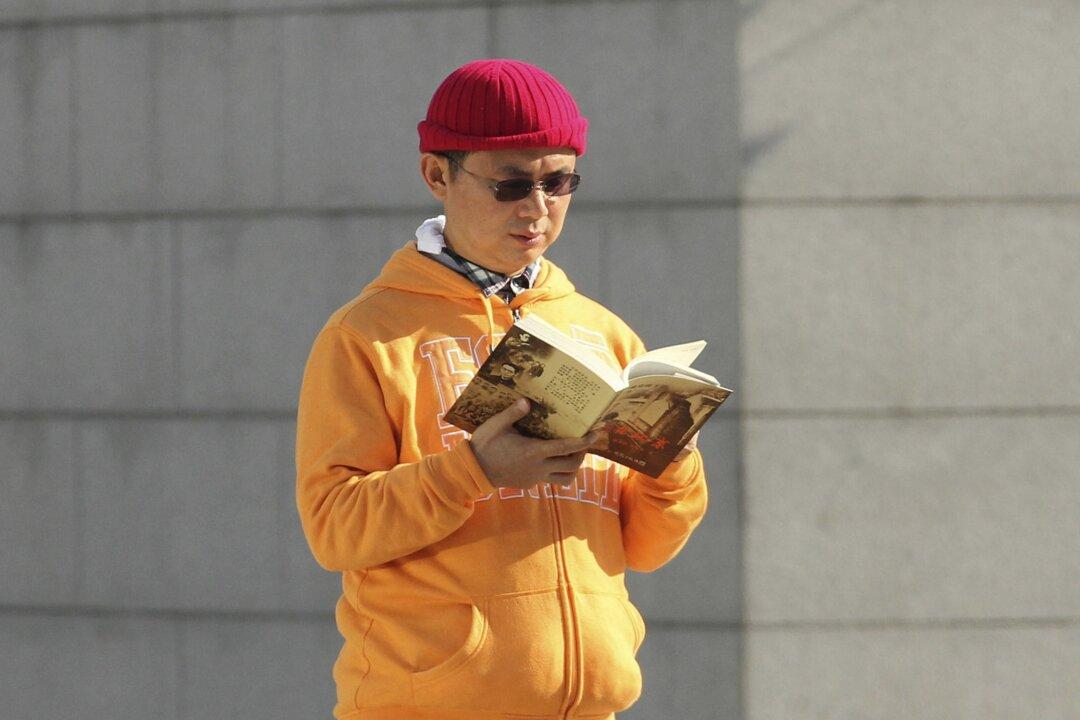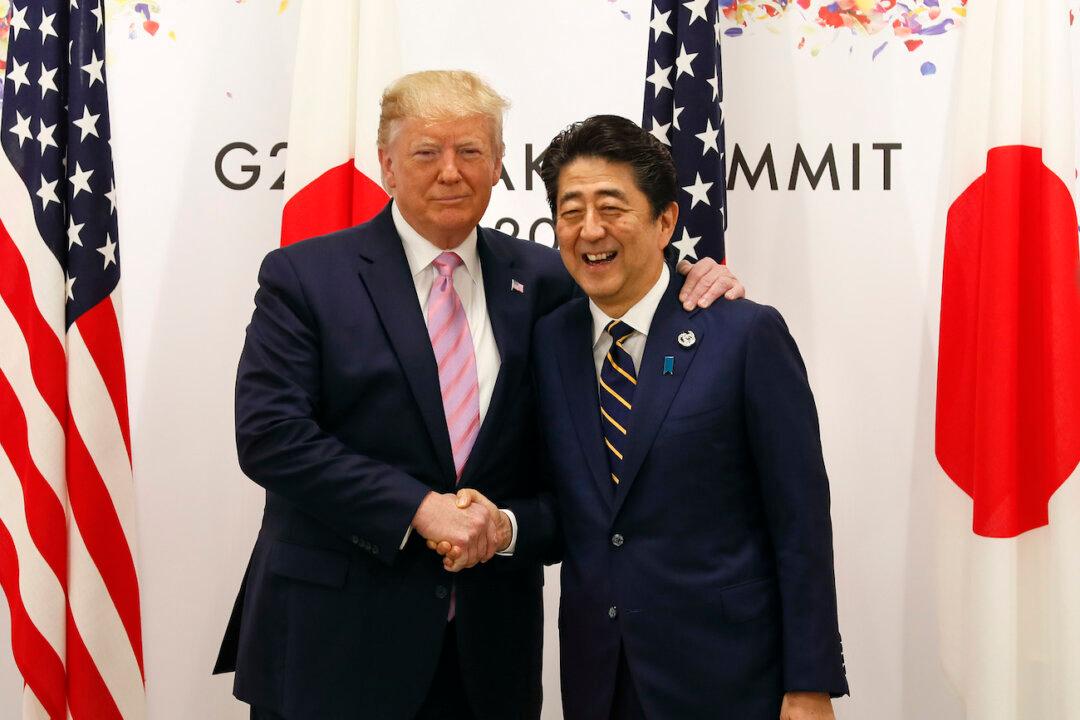Several Chinese netizens have been detained for criticizing and questioning official casualty figures released for the first time by officials in Beijing about last year’s Sino-Indian border clash.
After voicing dissent and expressing opinions that authorities regarded as “insulting and slandering border heroes,” some Chinese netizens have been arrested.
An internet influencer surnamed Qiu, also known as “La Bi Xiao Qiu” with more than 2.5 million followers on Chinese social media platform Weibo, was detained by local police on Feb. 19. He was allegedly charged with “picking quarrels and provoking trouble” and for “illegal speech that maliciously distorted the truth and slandered border heroes,” according to a notice issued by the Nanjing Public Security Bureau on Feb. 20.
On Feb. 21, a netizen surnamed Yang was sentenced to seven days of administrative detention for posting a comment that “slandered border heroes” on Weibo, according to Beijing’s mouthpiece People’s Daily. The resident of Mianyang city in Sichuan Province was charged with “picking quarrels and provoking trouble.”
The next day, a netizen surnamed Tian from Maoming city of southern Guangdong Province was placed under criminal detention. He was allegedly accused of “insulting and slandering border heroes” and delivering remarks against “heroic soldiers” in a WeChat group, according to a notice issued by the local Binhai New District Public Security Bureau.
On Feb. 22, an internet user surnamed Dai was arrested by cybersecurity police for his remarks against “border heroes” and was given 13 days of administrative detention, according to a notice released by the Nanming branch of Guiyang Public Security Bureau. Dai resides in Guiyang city, the capital of southwestern Guizhou Province.
Last year, following the Sino-Indian clash, a photo of the tombstone of one of the soldiers who was killed surfaced online. The image was reposted on the official Weibo account of “China Chang'an Net,” which represents the CCP’s Political and Legal Affairs Committee, but the post was immediately removed.
Jun Wu Ji, a well-known military blogger with more than 4.8 million followers, claimed that the image of the tombstone was fake. On Sept. 20, 2020, he wrote in a post: “The public should not disseminate the misinformation in case they are taken advantage of.”
The photo of the tombstone has since been confirmed as authentic by state-run Chinese media.





